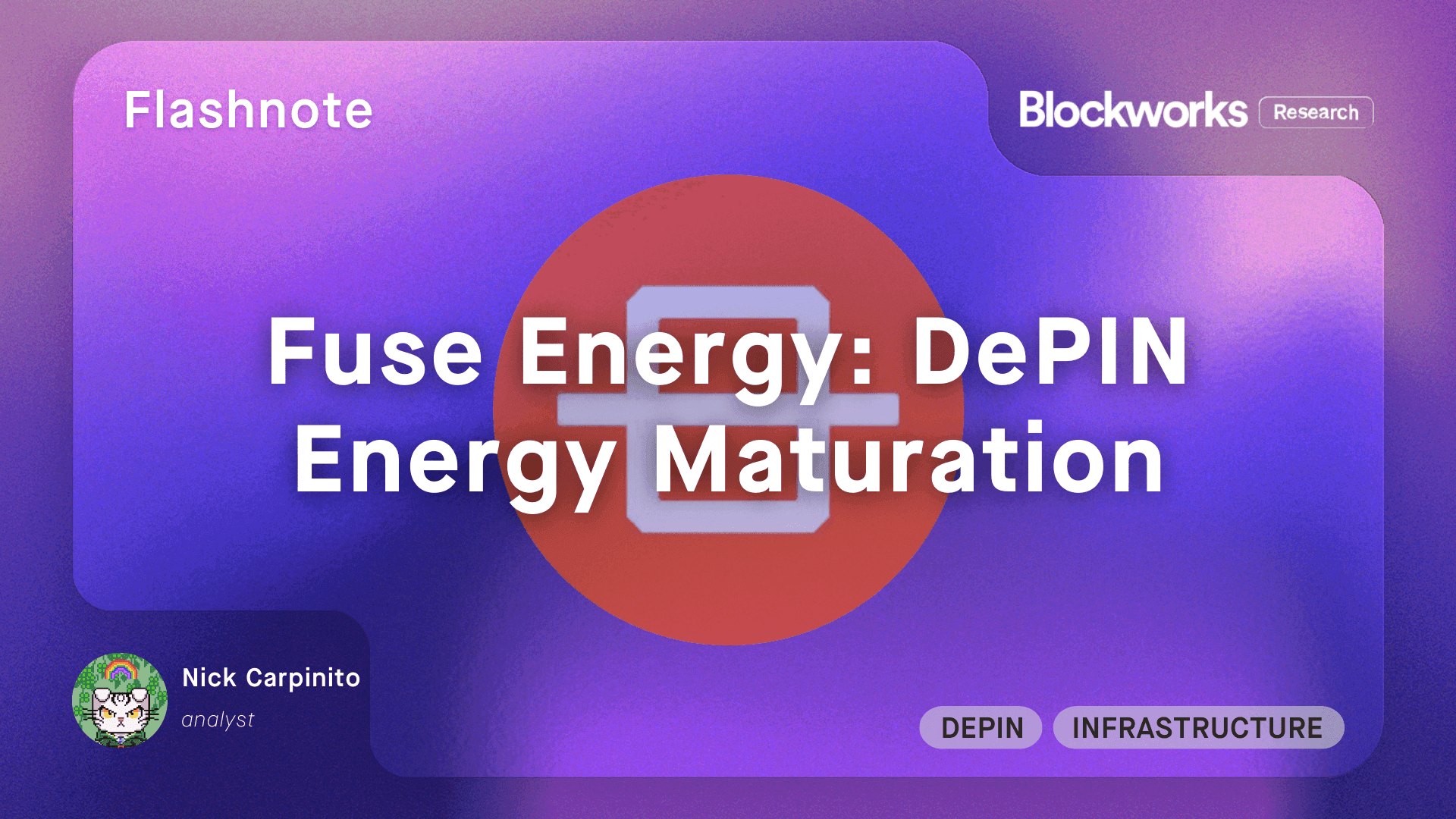Yakovenko critiques ‘bizarre’ inadequacies of current financial system
Current credit card transactions are like sharing private keys with merchants, Yakovenko says

Solana’s Anatoly Yakovenko | Montinique Monroe for Blockworks
Rest assured, crypto faithful. A massive, dramatic shift, from today’s old-fashioned financial system to blockchain technology will happen in the US, Anatoly Yakovenko says.
Just as soon as Congress passes a stablecoin bill.
“There is just a massive regulatory roadblock right now,” he says. Speaking on the 1000X podcast (Spotify/Apple), the Solana co-founder says, “Everyone knows this technology is better. It’s easier. All the APIs are easier.”
Yakovenko contrasts the merchant experience with crypto-based stablecoin technology versus services like Stripe and PayPal. Setting up in the old system feels like it takes “a pound of flesh and a firstborn to deal with the mess,” he says.
The merchant experience “sucks” compared to the ease of setting up with crypto technology, according to Yakovenko. “I just generate an address with a private key and I’m good to go,” he says.
Yakovenko points to the “bizarre” nature of the credit card system as an example. “When I do a credit card transaction, it’s equivalent to me sharing my private key with the merchant.”
“Then there’s this massive process to figure out if…somebody stole the private key in the process and did an invalid transaction,” he laughs. “You step back for a second and you’re like, What? Who built this?”
Read more: Stablecoins are ‘a better product’ than local currencies in emerging economies, Carrica says
“If and when we get a stablecoin bill,” he says, “and we can start actually using these technologies, I think it will explode.”
“Your bank accounts will take USDC deposits across a bunch of networks, just like exchanges do. People will forget about wires and all this other stuff.”
‘There’s just no way that would fly’
Yakovenko argues that the Solana network is best suited for stablecoin usage, primarily because “it’s cheaper and faster” than blockchains like Ethereum.
“I don’t see Congress being super supportive of something that increases financial costs for the majority of Americans,” he says. “Something in Solana definitely will decrease it.”
As an example, Yakovenko mentions that a multi-route trade on Jupiter, a swapping aggregator on Solana, costs about $0.05. “It can touch 50 different markets and find you the most liquidity across a bunch of markets for $0.05 without incurring any additional fees.”
Yakovenko mentions Visa as an example of a major financial company that is dabbling in optimization via crypto technology. For any blockchain solution to work at a satisfactory level, credit card checkout times have to be fast — completed in under two and a half seconds — he says.
Cost is a major factor for Visa as well, he adds. Being a “profit-driven company,” Yakovenko suggests that Visa would never choose to implement blockchain services that cause an increase in fees. “There’s just no way that would fly.”
“Everyone should intuitively agree that finance is moving numbers around computers,” he says. “It’s a regressive tax on the entire economy. It should be as cheap as possible. Like, that’s a win for the entire world if we reduce those costs.”
Still, Yakovenko says it’s going to be tough for crypto technology to “go mainstream” in America until “some actual stablecoin legislation” is in place. But it’s coming, he says.
“They’ll do everything else before they do the right thing. But eventually, they’ll do the right thing.”
Get the news in your inbox. Explore Blockworks newsletters:
- The Breakdown: Decoding crypto and the markets. Daily.
- 0xResearch: Alpha in your inbox. Think like an analyst.






